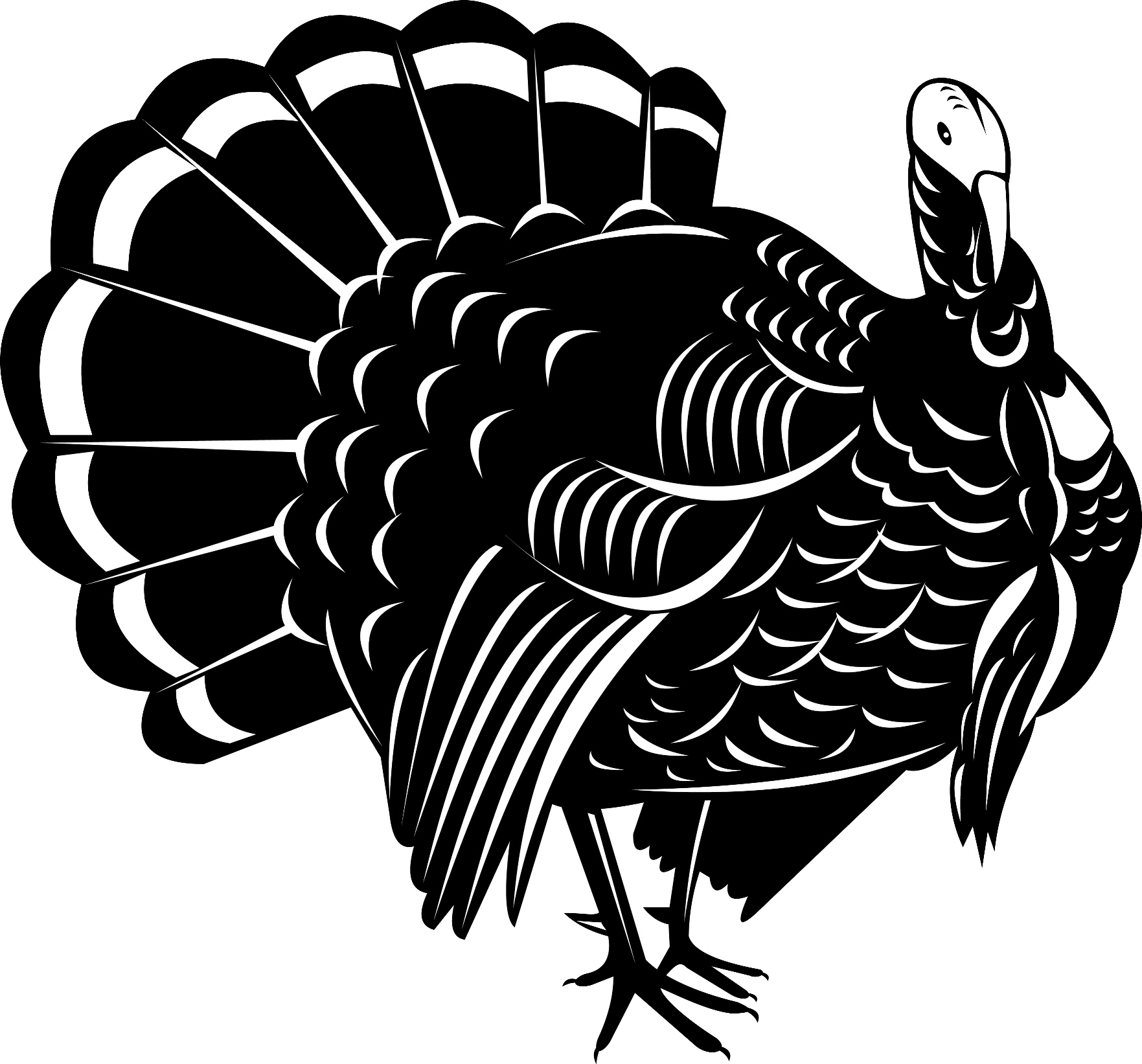by Mike O’Mary
Writing used to be a solitary profession. You sat in a room by yourself, typing away on your typewriter or computer, sometimes long into the night. If you were lucky, you toiled away in an upstairs room instead of in the basement. And if you were really lucky, maybe you were part of a local community of writers, and you could get together to talk about writing, books and publishing opportunities with other edu-ma-cated types. That’s if you were fortunate enough to have enough writers nearby to form a community. The key word was “local.”
Not anymore. Writing is still a solitary profession when it comes to actually doing the work. But with the Internet, it’s easier than ever to be part of a community of writers. Heck, I think I belong to 40 or 50 online writing communities. Sometimes it seems like there are more writers than readers. (Fortunately, most writers are also capable of reading. Most of them.)
For starters, there’s a great community of writers who frequent Freelance-Zone.com. On top of that, FZ provides you with a pretty comprehensive list of writers groups. Just click on the “‘Writers Groups by State” tab up there on the right. You can also find lots of writers groups on LinkedIn (including Freelance Nation).
Beyond that, there are new communities for writers popping up all the time. Two communities I’ve been recommending to women writers are Story Circle Network and She Writes.
 The Story Circle Network is dedicated to helping women share the stories of their lives and to raising public awareness of the importance of women’s personal histories. SCN carries out its mission through publications, a website, classes, workshops, writing and reading circles, and woman-focused programs. SCN founder Dr. Susan Albert tells me that they will soon be inviting submissions for the May Sarton Memoir Prize, a new prize to be awarded annually.
The Story Circle Network is dedicated to helping women share the stories of their lives and to raising public awareness of the importance of women’s personal histories. SCN carries out its mission through publications, a website, classes, workshops, writing and reading circles, and woman-focused programs. SCN founder Dr. Susan Albert tells me that they will soon be inviting submissions for the May Sarton Memoir Prize, a new prize to be awarded annually.
 She Writes describes itself as “a community, virtual workplace, and emerging marketplace for women who write.” They currently offer support and advice for novice and experienced writers. Future plans are to connect writers directly to readers “in a marketplace distinguished by its commitment to the production and distribution of high quality content.”
She Writes describes itself as “a community, virtual workplace, and emerging marketplace for women who write.” They currently offer support and advice for novice and experienced writers. Future plans are to connect writers directly to readers “in a marketplace distinguished by its commitment to the production and distribution of high quality content.”
Mike O’Mary is founder of Dream of Things and of the Note Project, a campaign to “make the world a million times better” by inspiring participants to write 1 million notes of appreciation. Coming March 20, 2011.

 by Mike O’Mary
by Mike O’Mary by Mike O’Mary
by Mike O’Mary by Mike O’Mary
by Mike O’Mary by Mike O’Mary
by Mike O’Mary